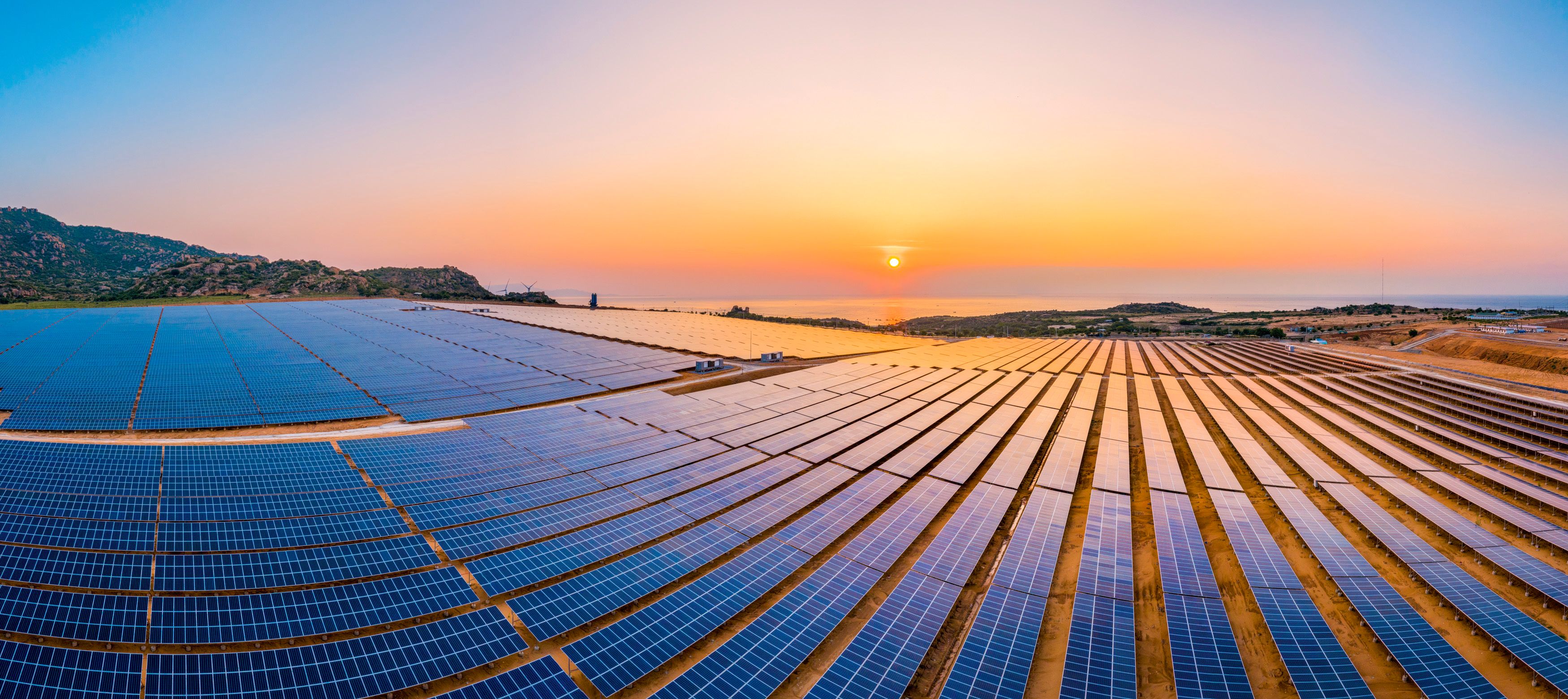

Sustainability - what does that actually mean?
Sustainability is a term that can be heard everywhere these days - whether in the news, on social media or in advertising. But what exactly is behind it? Basically, sustainability is about finding a balance between the needs of today's generation and those of the future. The aim is to use resources in such a way that they will still be available in the future without endangering the environment or society.
The three pillars of sustainability
Sustainability is often divided into three dimensions, also known as the "three pillars of sustainability":
-
Ecological sustainability
: This is about protecting the environment and conserving natural resources. This includes minimizing the impact of human activities on nature, protecting biodiversity and reducing CO2 emissions. It is about not overloading the earth and ensuring that ecosystems remain healthy.
-
Economic sustainability
: This pillar deals with the question of how we can act economically without endangering the environment and social structures. This means shaping economic growth in such a way that it is sustainable in the long term. Companies and societies must learn to use resources responsibly and create socially just working conditions.
-
Social sustainability
: The focus here is on people and their quality of life. It is about promoting social justice, combating poverty, creating good working conditions and enabling a fair distribution of resources. Sustainability in the social sphere also means that we build a society that is inclusive and offers everyone access to the same opportunities.
Why is sustainability important?
Sustainability is the key to a future that is worth living in, both for us and for future generations. If we consume, pollute or destroy our resources carelessly, we not only endanger the environment, but also our own well-being. Climate change, ocean pollution and the exploitation of natural resources are just some of the challenges that confront us with the consequences of an unsustainable lifestyle. By acting sustainably, we can alleviate these problems and secure the basis of life for future generations.
What can you do?
Each and every one of us can contribute to sustainability - be it through conscious consumption, avoiding plastic or using renewable energies. Even simple things like separating waste, avoiding air travel or switching to public transport are steps in the right direction. It is important that we all question our behavior and think about sustainable alternatives.
Conclusion
Sustainability is more than just a trend - it is a necessity in order to preserve our planet for the future. By acting in an ecologically, economically and socially sustainable way, we can work together to combat climate change and create a fairer world.